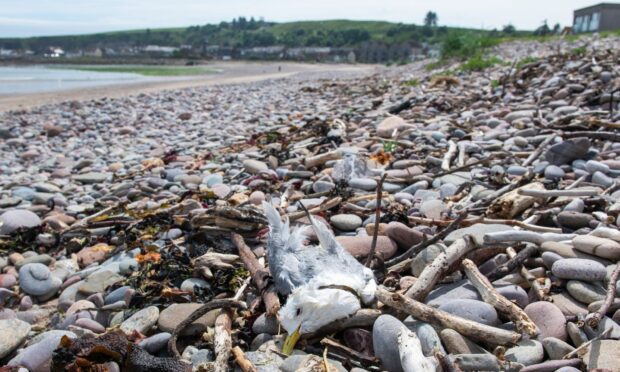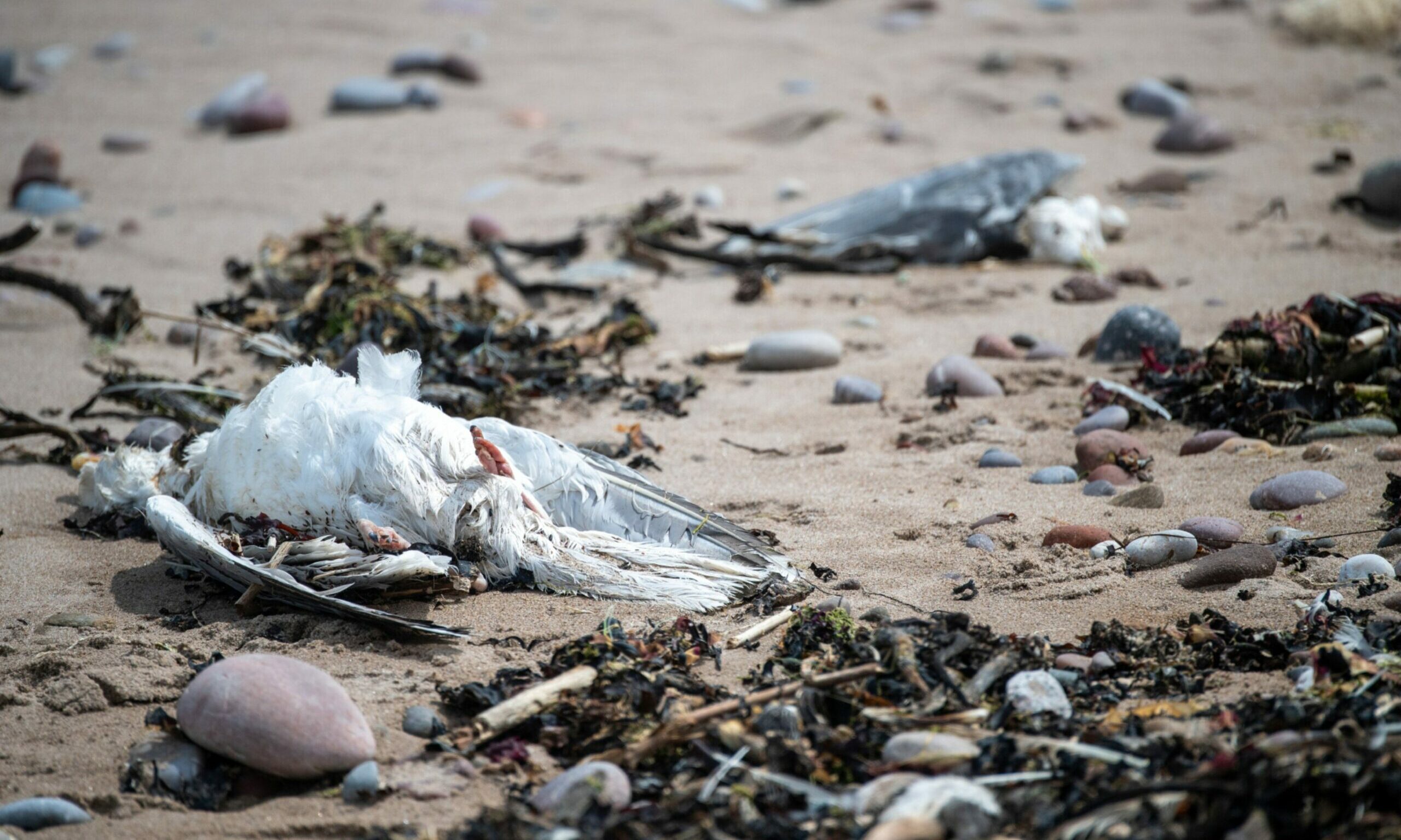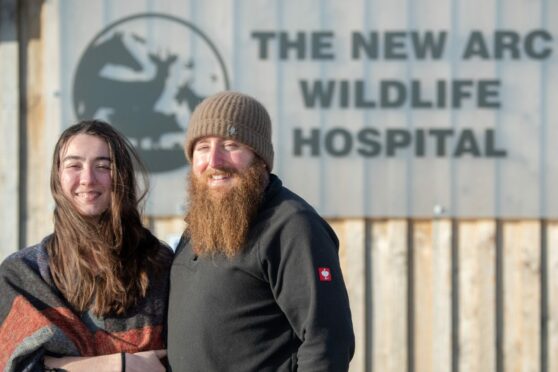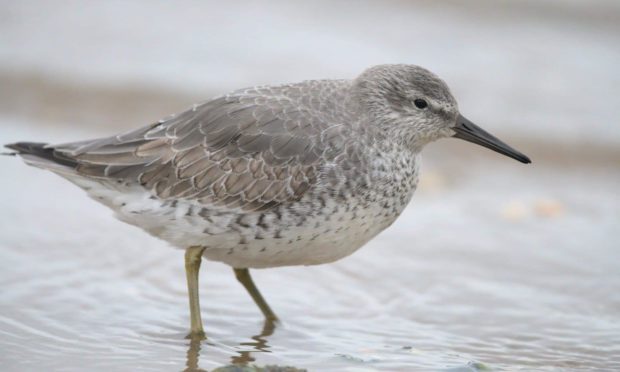A north-east wildlife centre has said the “risk is too high” to take in injured and ill birds due to a bird flu outbreak.
New Arc Wildlife Rescue, near Ellon, made the announcement after becoming “concerned” about yet another outbreak.
The centre says it is taking the “difficult decision” to stop admitting seabirds, including gull chicks, although will still euthanise some infected ones.
They said the risk to the centre and animals they are currently looking after is “too high” from the illness.
As well as this, New Arc warned that they would have to close the centre for a year if bird flu was to come into the venue, meaning they would be unable to rescue any other wildlife during this time.
Dead birds found in Stonehaven
It comes as more dead seabirds – mainly gulls – were washed up on Stonehaven beach between the harbour and the town’s open air swimming pool, with one passerby reported seeing “dozens” on the shoreline.
The Scottish SPCA has confirmed one guillemot and three kittiwakes were euthanised yesterday due to suspected bird flu.
However, many more dead birds were seen on Stonehaven beach today.
Meanwhile, last week, about 100 dead birds every day were reported to be found on Lunan Bay, south of Montrose.
People are being advised not to touch dead birds and keep their dogs away from them as well.
Bird flu has ravaged the bird community in the north-east in the past year, with 230,000 birds being killed in Aberdeenshire last December because of it.
Speaking to the P&J, manager of New Arc, Paul Reynolds said: “Avian influenza has become an annual event over the last few years and was originally a much milder event that would be present over winter.
“In the last few years, the latest strain of avian influenza has stuck around and we’ve seen it pretty much year round.
“We’ve seen large outbreaks in summer and winter, which is not the way it used to be, so there is a little change there in how it’s affecting wildlife.”
‘Particularly prevalent’ in north-east
Mr Reynolds said the illness has been reported across all UK coastlines, but is “particularly prevalent” in the north-east, adding: “The first bulk of it started it a few weeks ago and started in blacked-headed gulls.
“They were the main casualty that we were seeing with symptoms of avian influenza, but that has now progressed to herring gulls, guillemots and pretty much every other seabird that we’re seeing washing up on beaches.”
Concerningly, there has also been a rise of birds inland with bird flu, with New Arc attending to “multiple birds” with the infection in the Ellon area.
Mr Reynolds also said that there is a “real concern” that it can spread to other non-seabirds, including birds of prey.
Despite the situation with avian influenza, the New Arc Wildlife Sanctuary is still open as normal for non-seabird casualties.
An Aberdeenshire Council spokesman said: “While is it very rare for bird flu to pass to humans, do not touch or pick up any dead or visibly sick birds. Please leave them in situ.
“Wild birds can carry several diseases that are infectious to people. Keep pets away from any dead or sick birds and don’t touch wild bird feathers or surfaces contaminated with droppings.
“The council has finite resources but will look to remove large concentrations of birds from shoreline locations where there is high footfall.”
Anyone who finds a bird suffering from suspected bird flu should call the Scottish SPCA for advice on 03000 999 999.



